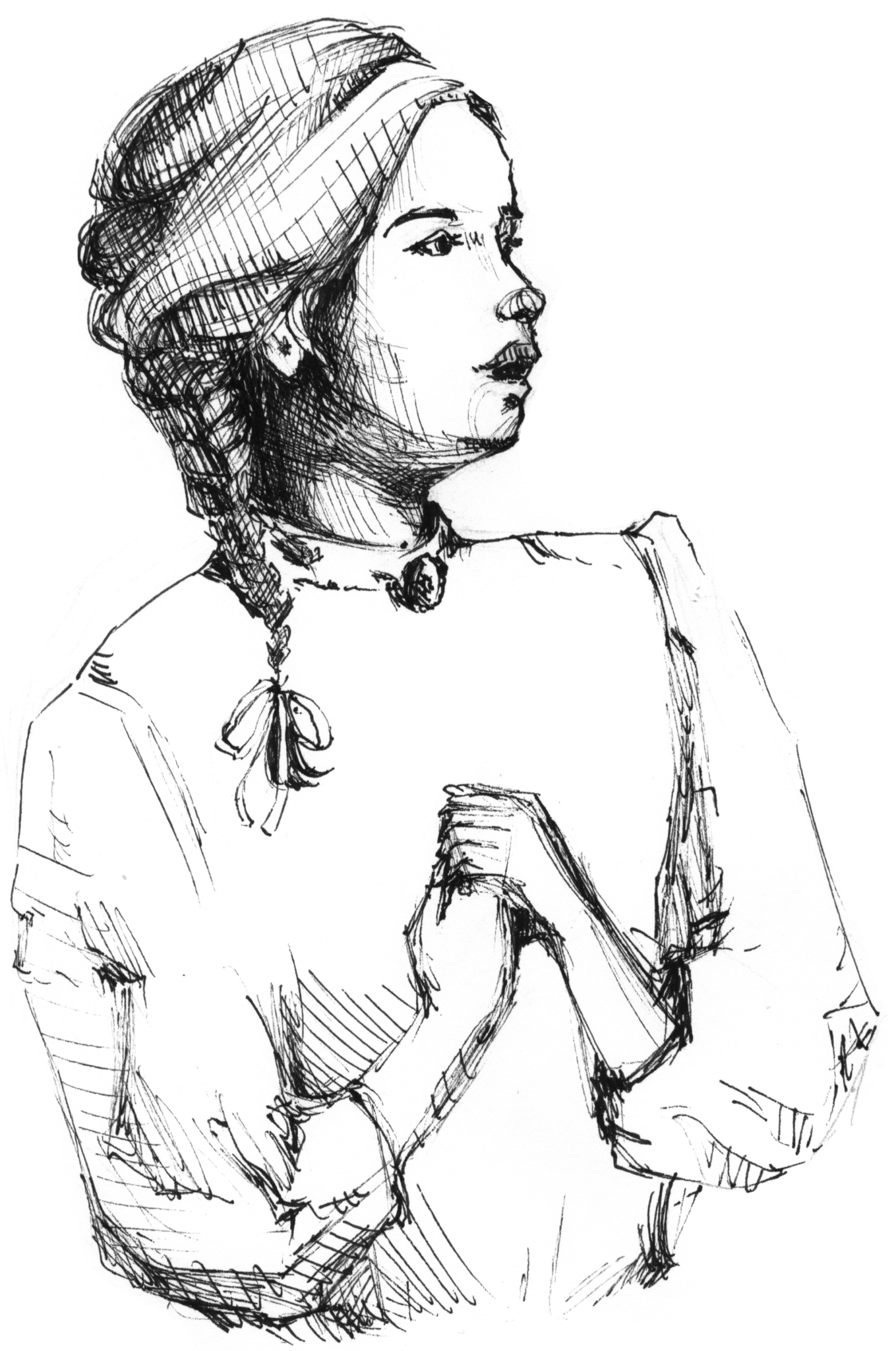
The well-conceived opera is uniquely interdisciplinary among classical art forms. It uses music to deepen the meaning of a text, connecting the work into a profound whole. The Yale Opera’s recent production of Tchaikovsky’s “Eugene Onegin” exemplified this ideal with shockingly well-executed music, singing and acting. In so doing, the Yale School of Music proved its deserved reputation as one of America’s most celebrated conservatories.
The corpus of Romantic-era composer Pyotr Ilyich Tchaikovsky has been tragically distorted by our modern fixation with flashy, festive works. He is best known for his holiday standby, the ballet “The Nutcracker.” Though a fine work, it too often overshadows his symphonic and operatic achievements. “Eugene Onegin,” based on the novel of the same name by Alexander Pushkin, is his best-known opera. It follows the relationship between Tatiana, a young woman of the feudal gentry, and the aristocratic Eugene Onegin. With its stunning combination of Tchaikovsky’s characteristic lyricism and amusing themes descending from Slavic folk tunes, the opera became an international sensation within a few decades of its 1879 premier.
The skill and sensitivity of the Yale Philharmonia became immediately clear within the first solemn bars of the overture. The Philharmonia, trading their normal haunt at Woolsey Hall for the sunken pit of the Shubert Theatre, displayed a remarkable dynamic range, even though I could not see them from my seat in the upper balcony. The reduced ensemble was conducted by Perry So ’04, who graduated from Yale College in 2004 with a degree in literature and has since embarked on a prolific international career. Under his baton, the Philharmonia’s lush strings and triumphant brass complemented Tchaikovsky’s luscious score.
The opera opened with a duet — a recurring strength of this production. Tatiana and her sister Olga sing in the distance as their mother Madame Larina and her servant wistfully remember their youth. The resulting effect, a harmonizing of voices contrasting dissonance of content, is achieved several times throughout the opera. The voices of the performers, Madeline Ehlinger MUS ’20, Rachel Weishoff MUS ’19, Theresa Kesser MUS ’20 and Julia Orosz ’20, blended into a complex matrix.
The accompanying chorus, too, soon proved their merit. Portraying a troupe of feudal peasants, they entered and performed, at Larina’s urging, an exhilarating folk song and dance. “One day across the bridge … came a fine young fellow, fresh and ruddy as a raspberry …” The chorus entertained us, the audience, just as much as they amused their aristocratic lords.
Soon, the dashing but troubled Eugene Onegin makes his appearance. He visits the estate with his best friend Vladimir Lenski, a poet with a fondness for the romantic. Lenski, portrayed with fitting earnestness by John Noh MUS ’20, performed one of the production’s most memorable works, Lenski’s arioso “Kak schlastiv ya!” He sings, “I love you, I love you, Olga, as only a poet’s frantic heart can still be fated to love … For you alone I dream, for you alone I long, you are my joy and my suffering.” Noh’s touching, almost haunting, aria set the tone for the rest of the opera.
Lenski is not the only character who dreams. Tatiana is captivated with Onegin upon their first encounter. That night, she sings deliriously, “Oh nurse, nurse, I’m consumed with longing, I’m all upset, my dear; I’m ready to burst into tears,” but soon realizes her ailment is love — apparently a close cousin. Tatiana agonizingly begins to write a letter to Onegin, in which she narrates, “You appeared before me in my dreams; as yet unseen, you were already dear … no, it was no dream! As soon as you arrived, I recognized you …” Soprano Madeline Ehlinger MUS ’20 imbued Tatiana’s famous letter scene with a dizzying emotional range, bouncing between lyrical passages and feverish outbursts, again muddying Tatiana’s separation between sickness and love. She was greeted with thunderous applause.
Tatiana is rejected by Eugene Onegin — an infuriating, and excellent, Andres Benavides Cascante MUS ’19, who says he isn’t destined to have a family. He isn’t being truthful. Years later, in the last act, Tatiana shows up at a ball with his cousin, the Prince Gremin, Hans Tashjian MUS ’20. They have married; the dreamy “Tanya” from a country estate is now Princess Tatiana, who travels in St. Petersburg’s most elite circles. Onegin kneels at her feet and proclaims his love for her. Even then, he wonders if his feelings are true love or mere “vexation or vanity,” born out of her newly acquired social status. Tatiana admits she loves him, but insists “honor’s severe and sacred duty will triumph over the passion!” She leaves him.
The production’s set and costume design deserve particular commendation. The opera was set in Tsarist Russia, just as in the original novel. The decision to resist modernizing the setting was absolutely correct. Even absent cell phones and computers, Pushkin’s plot is instantly familiar to any college student. A young woman agonizes over what to write in a letter to her beloved; he rejects her, saying, “I was not made for wedded bliss, it is foreign to my soul, your perfections are vain, I am quite unworthy of them.” After her social advancement, he regrets his decision. Replace “letter” with “text message,” and it could have taken place here at Yale. The choice to not update the setting to the present did not dull the timelessness of the story; on the contrary, it made the opera even more profound.
It is rare to see an operatic production that balances theatrical skill with music of a similar caliber. The talents of the Yale Opera were certainly tested in this demanding, emotionally charged work. The results were stunning.
Isaiah Schrader | isaiah.schrader@yale.edu .







